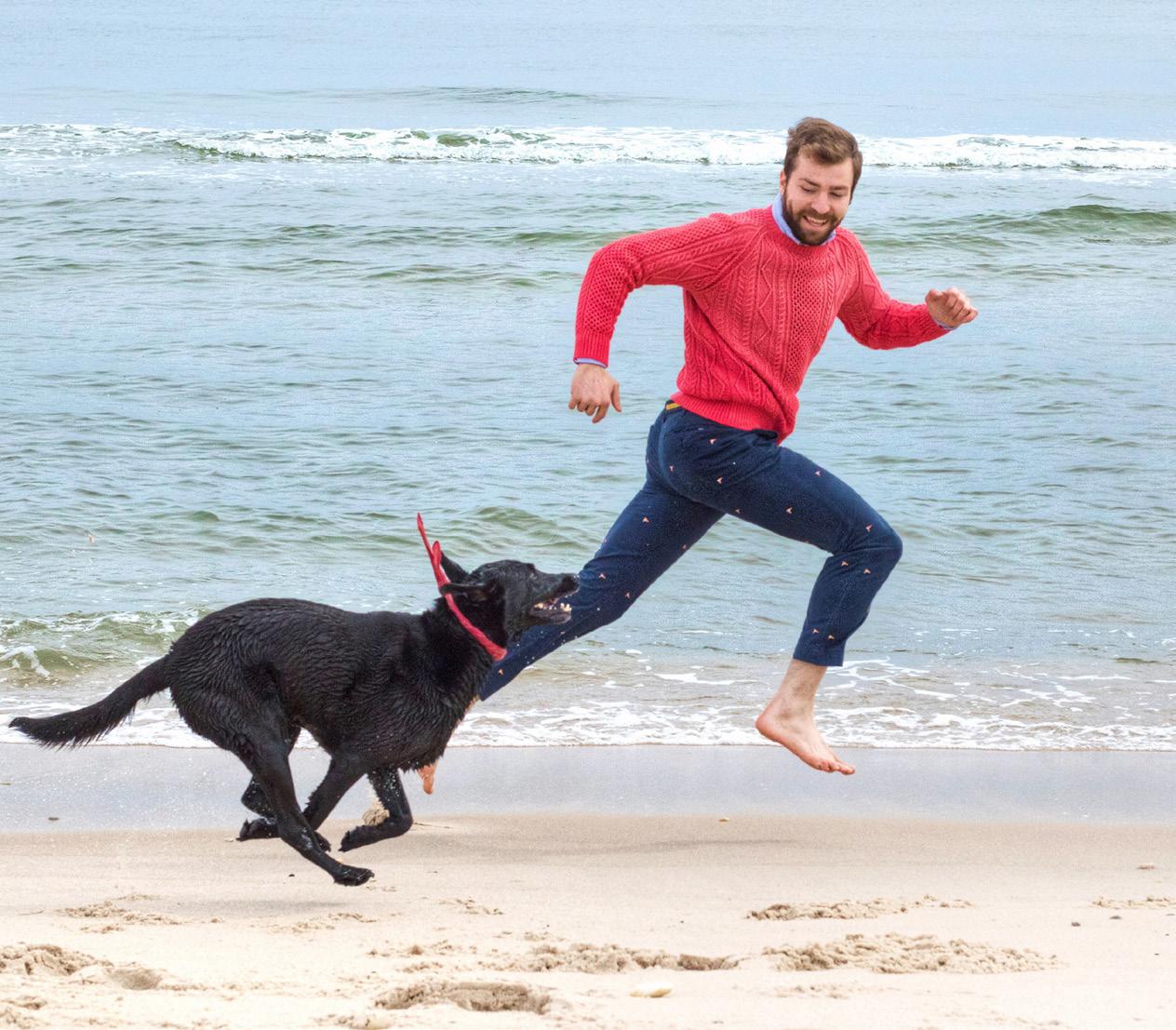
3 minute read
Cold Steel
By Dave Charles
it strange that in this virtually connected digital unreality that we call home, the knife industry is booming? The global knife market was valued at USD 3.81 billion in 2021 and is expected to expand at a compound annual growth rate of 6.0% from 2022 to 2030.
If I haven’t lost you already, consider that this is not the household cutlery market we are talking about. Of course, the chef’s knife range of carvers, filleting knives, cleavers, boning and paring knives makes up a substantial number of these sales but it’s the sporting and hunting knives that attract most interest. Even a cursory glance online at the vast selection of deadly weapons on offer will reveal how big this market is.
As a young television producer, I was responsible for a show called Police File which at one stage had the biggest viewership of any programme on SABCTV. People loved the shock-horror of the real crime stories that we brought into their livingrooms every week. The more gruesome the images, the bigger the viewership, and we had a constant battle with management over what was considered appropriate for sensitive South Africans to see. As far as I could tell from the stats, there was no such thing as a sensitive South African. That was a long time ago, but from the evidence in circulation today, we haven’t evolved much as a species.
The point is many of these horrible cases involved the passionate use of the blade. Multiple stabbings were not uncommon, and I battle to understand what kind of madness could drive a human being to plunge a blade repeatedly into a victim, long after the initial impetus had waned.
Maybe we have a genetic bond with cold steel.
Some time after my television career ended, we relocated to the Battlefields region of KZN where I spent many hours guiding visitors through spectacularly dramatic settings where cold Zulu steel had prevailed over vastly technologically superior British ordinance during the battle of Isandlwana. Part of this territory includes the stronghold of the Mabaso people, descendants of the dreaded steel smiths who forged much of that Zulu steel. The Mabaso were renowned throughout the old Zulu kingdom for the superior quality of their steel. Their trade secret was the addition of the correct quantities of carbon to transform the molten iron ore into the steel from which their blades were fashioned. The blades were believed to possess the souls of those whose blood and tissue – the best carbon – had been used in the forging process.
Today, blade makers in South Africa can forgo the joyful process of necromancy to imbue their creations with strength and precision. They are in fact spoiled for choice with ample availability of commercially forged carbon, stainless and Damascus steel to create the perfect fit-for-purpose blades.
And here in Ballito, you can have a knife custom-made to your specifications and budget. I am the proud owner of a beautiful little biltong knife given to me as a gift by Kevin Cunningham, a talented local knifemaker with a passion for cold steel and beautiful craftsmanship.
The biltong knife that he made for me has a reverse blade with my name engraved on it. I must admit that as far as gifts go, this one is right up there with the best. If you would like one, or something more suited to your style and personality, talk to Kevin. He’ll make you something sharp, bru!

CKKC KNIVES BALLITO
kevsauto17@gmail.com 072 186 9985.










